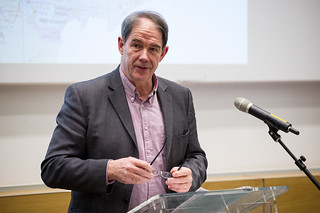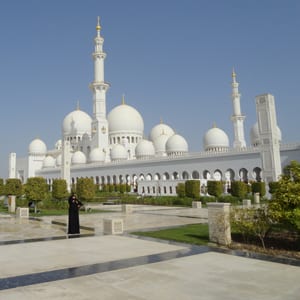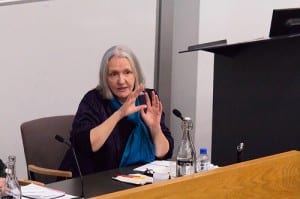Why the west is defaulting on climate change action
By Melissa Bradshaw, on 25 February 2016
Climate change is an urgent challenge of global citizenship, was the message at the heart of Jonathon Porritt’s UCL Global Citizenship lecture on 22 February. Speaking from decades of experience working in sustainability, Porritt showed that the world is precariously balanced between commitment to and denial of global citizenship.
Porritt is Founder Director of Forum for the Future and acts as an advisor to many bodies, as well as to individuals including Prince Charles, and he is a Visiting Professor at the UCL Institute for Global Prosperity. He celebrated the Paris Agreement, the conclusion of the 2015 United Nations Climate Change Conference, as “one of the most astonishing agreements ever signed”. With 195 countries committed to limiting global warming to below 2°C, the agreement is a great source of hope and optimism. (more…)
 Close
Close





